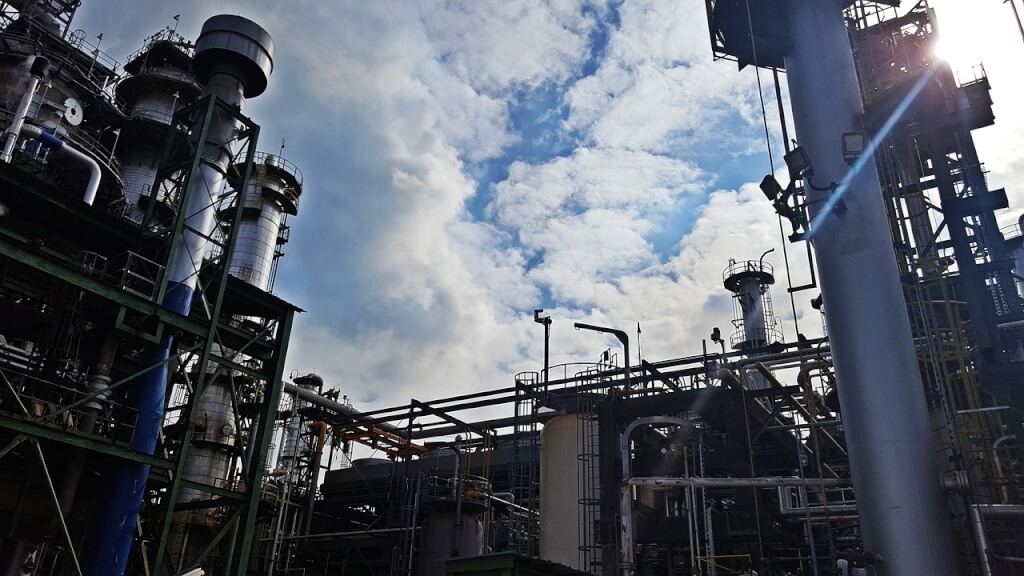
The German cabinet approved draft reforms to accelerate the development of carbon capture and storage (CCS) infrastructure, as the country aims to achieve carbon neutrality by 2045 while retaining some hard-to-decarbonize industries.
Reuters reported that carbon capture and storage ( CCS ) technology refers to capturing carbon dioxide produced by industrial processes directly from the emission source or removing it from the atmosphere and storing it underground.
Hard-to-decarbonize industries, including cement and lime products and gas-fired power plants, will be allowed to store carbon dioxide beneath the seabed offshore, and in some inland locations if individual states agree.
The draft approved by the German government on the 6th lists carbon dioxide storage facilities and related pipeline construction and operation as matters of "major public interest" and simplifies the planning and approval procedures.
The previous three-party coalition government had pushed for measures on CCS technology but failed to pass them until it collapsed in November last year. The draft approved this time is more ambitious than the previous version.
Under the newly adopted draft, existing natural gas pipelines could be modified or converted to transport carbon dioxide instead of natural gas, reducing the need to build new pipelines.
Relevant units may also expropriate private land with compensation in accordance with the law to build carbon dioxide transmission pipelines.
Based on geological conditions, Germany has an estimated carbon storage capacity of 1.5 to 8.3 billion tons beneath its jurisdiction in the North Sea, with a maximum storage capacity of about 20 million tons per year.
Source: CNA
Website: 德國批准草案加速CCS基建 盼兼顧淨零與高碳產業 | 淨零碳排 | 中央社 CNA
Disclaimer:
1.The articles compiled and published by this association on the Taiwan Net Zero Emissions Association's official website and in the Member Biweekly Report are for the purpose of introducing international environmental trends and for educational use only, not for profit.
2.Any legal responsibilities or losses resulting from the use or adaptation of articles translated by the association shall be borne solely by the user or adapter.
For more insights on net-zero emissions, feel free to subscribe to our biweekly newsletter:
https://www.tnzea.org.tw/eforms.php?lang=tw&tb=1


